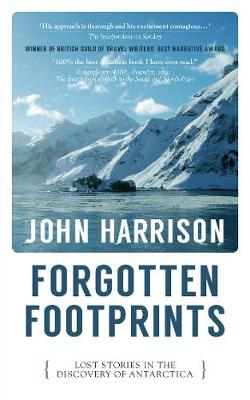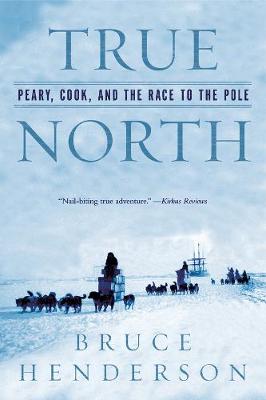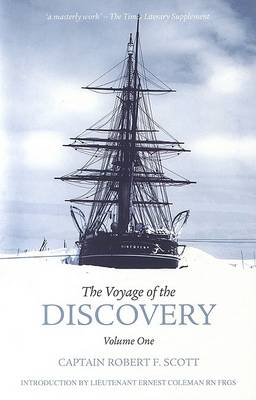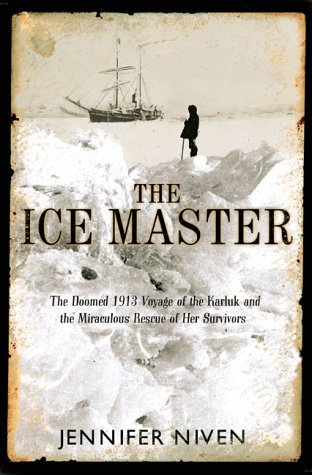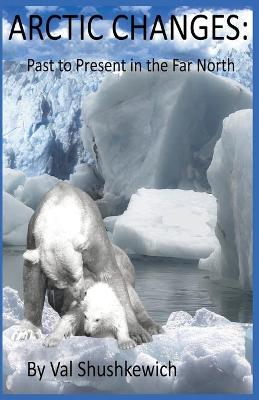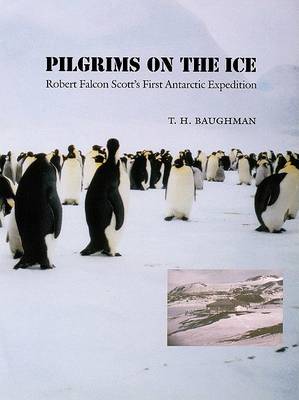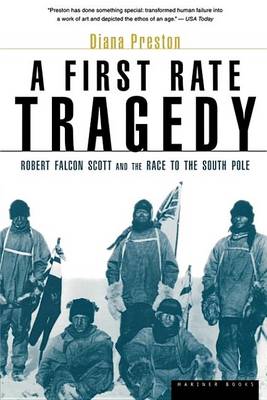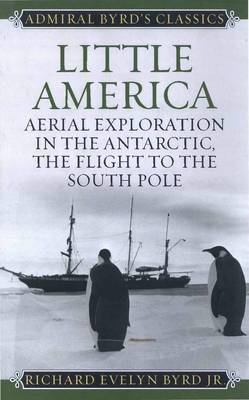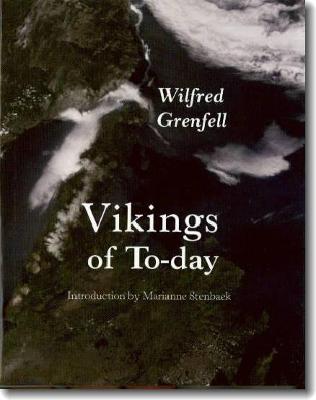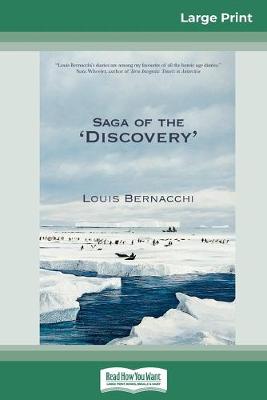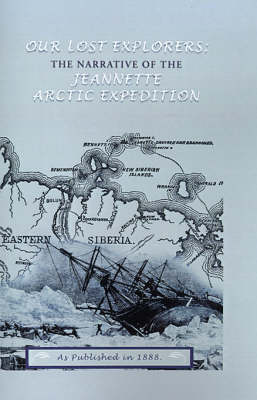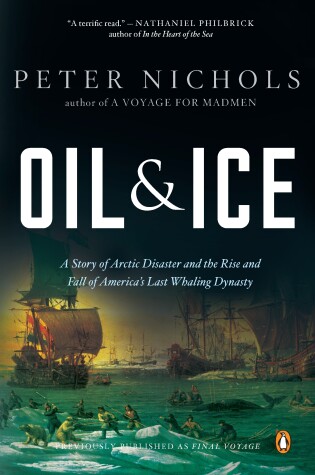John Harrison's Forgotten Footprints is the untold story of the sailors, sealers and eccentrics who discovered the last continent: Antarctica. A thrilling record of lost triumph and tragedy, a saga of adventure and ambition against all odds, and a compelling insight into extraordinary personalities and the times that shaped them, Forgotten Footprints captures the fascination of this most extreme, mysterious and beautiful of environments in John Harrison's characteristically vivid and affecting p...
Aspects of Arctic and Sub-Arctic History
In 1909, two men laid rival claims to this crown jewel of exploration. A century later, the battle rages still. This book is about one of the most enduring and vitriolic feuds in the history of exploration. "What a consummate cur he is," said Robert Peary of Frederick Cook in 1911. Cook responded, "Peary has stooped to every crime from rape to murder." They had started out as friends and shipmates, with Cook, a doctor, accompanying Peary, a civil engineer, on an expedition to northern Greenland...
Written on his return to England, Scott's "The Voyage of the Discovery" provides a detailed and fascinating account of Antarctic exploration in the early twentieth century. Starting with a history of early discoveries in the region, he goes on to record the difficulties of organizing such an expedition and the challenges and dangers involved in the exploration of such a wild and untamed continent. Scott's account reflects the sense of wonder and amazement that he felt on discovering the strange...
Drawing on previously unpublished letters of journals of crew members, their descendants and, astonishingly, interviews with survivors, Jennifer Niven's book is a riveting account of one of the most ambitious - and disastrous - Arctic expeditions ever mounted. It is a story about unlikely heroes and unexpected villains - humans reduced to their primal needs by the infinite power and mystery of nature... 'For more than 30 years I have been reading polar survival stories, but none so gripping and...
Pilgrims on the Ice
Robert Falcon Scott's 1901-4 expedition to the Antarctic was a landmark event in the history of Antarctic exploration, creating a sensation comparable to the Arctic efforts of the American Robert E. Peary. Scott's initial expedition was also the first step toward the dramatic race to the South Pole in 1912, which resulted in the tragic deaths of Scott and his companions. Since then Scott's reputation has vacillated between two extremes: Was he a martyred hero, the beau ideal of a brave and selfl...
A First Rate Tradegy: Robert Falcon Scott and the Race to the South Pole
by Diana Preston
Did Alaska create the music of John Luther Adams, or did the music create his Alaska? For the past thirty years, the vastness of Alaska has swept through the distant reaches of the composer's imagination and every corner of his compositions. In this new book Adams proposes an ideal of musical ecology, the philosophical foundation on which his largest, most complex musical work is based. This installation, also called The Place Where You Go to Listen, is a sound and light environment that gives v...
In 1893, Fridjtof Nansen set sail in the Fram, a ship specially designed and built to be frozen into the polar ice cap, withstand its crushing pressures, and travel with the sea’s drift closer to the North Pole than anyone had ever gone before. Experts said such a ship couldn't be built and that the voyage was tantamount to suicide. This brilliant first-person account, originally published in 1897, marks the beginning of the modern age of exploration. Nansen vividly describes the dangerous vo...
Wilfred Grenfell was sent to Newfoundland in 1892 to improve the plight of coastal inhabitants and fishermen. The initial Grenfell text, Vikings of To-day, is intended to summarize three years among the residents of Labrador. These three years would lead to a lifetime spent in aid and passionate defense of the Labradorians. Beginning with descriptions of the environment, Grenfell sees the hardships and ingeniousness with which these people live off the land and maintain an indomitable spirit.
The Saga of the 'Discovery' (16pt Large Print Edition)
by Louis Bernacchi
Masculinities at the Margins
Across a rich terrain of empirical and theoretical trajectories, the concept of military masculinity (now understood in its plural as military masculinities) has been a significant conceptual tool in both feminist international relations (IR) and in critical men and masculinities studies scholarship. The concept has helped us to unpack the relationships between gender, war, and militarism, including how military standards function in the production of wider normative, hegemonic manliness. As suc...
Long-Term Environmental Change in Arctic and Antarctic Lakes (Developments in Paleoenvironmental Research, #8)
Concerns about the effects of global climate change have focused attention on the vulnerability of circumpolar regions. This book offers a synthesis of the spectrum of techniques available for generating long-term environmental records from circumpolar lakes.
"Peter Nichols has crafted a terrifyingly relevant historical narrative...A terrific read." -Nathaniel Philbrick, author of In The Heart of the Sea In 1871, America's last fleet of whaling ships was destroyed in an arctic ice storm. Miraculously, 1,218 men, women and children survived, but the disaster was catastrophic at home. Oil and Ice is the story of one fateful whaling season that illuminates the unprecedented rise and devastating fall of America's first oil economy, and the fate...
